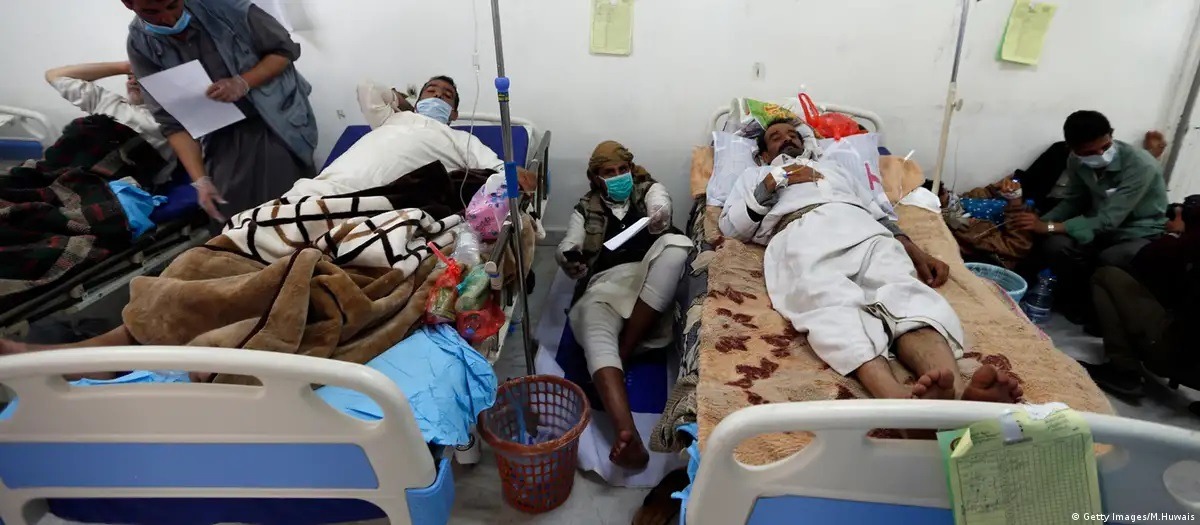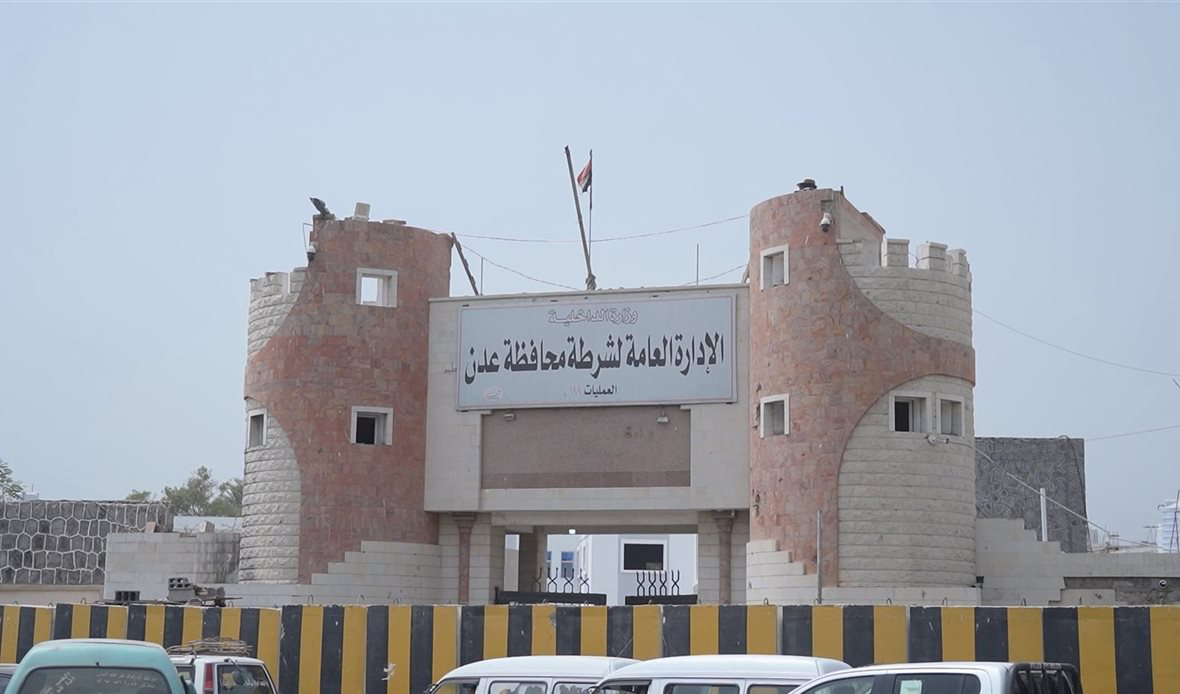
Barran Press
Medical sources have reported a surge in cholera cases in hospitals in Hajjah province, northern Yemen, raising concerns about a potential humanitarian crisis.
Sources, who spoke to "Barran Press" on condition of anonymity for security reasons, revealed that a significant number of patients suffering from acute diarrhea, a symptom of cholera, have been admitted to hospitals in the provincial capital. They highlighted that the majority of cases originate from the Qafl Shamr district, where the outbreak has reached unprecedented levels.
The sources expressed deep concern about the dire situation in Hajjah's hospitals, which are struggling to cope with the influx of patients due to severe shortages of medication and medical supplies needed to treat such cases.
They warned of a looming humanitarian catastrophe if the Houthi group continues to downplay the severity of the situation, stressing that the outbreak is spreading rapidly across the province and medical teams lack the resources to effectively address the crisis.
The medical sources further criticized the Houthis for prioritizing their fighters by converting government hospitals into exclusive facilities for their members, neglecting the needs of civilian patients. They accused the group of issuing vouchers to their fighters, exempting them from paying treatment costs, under the pretext of being "combatants on the frontlines."
The sources appealed to the internationally recognized Yemeni government and the international community to take urgent action to alleviate the suffering of the people in Hajjah province due to the cholera outbreak, which has spread throughout areas under Houthi control.
On June 21st, 2024, the International Organization for Migration (IOM) reported a rapid increase and widespread outbreak of acute watery diarrhea across Yemen, noting that the country had already witnessed over 30,000 suspected cases since the beginning of the year.
In its report on the humanitarian situation in Yemen from January 1st to March 2024, the UN agency stated that a surge in acute watery diarrhea/cholera cases occurred in northern provinces in March, following a significant increase in cases starting from week 11 of 2024.
Between March 14th and 31st, 2024, the report documented over 6,029 cases of acute watery diarrhea/cholera, with 56 deaths (case fatality rate of 0.9%) and 47% of cases classified as clinically severe.
UNICEF predicted that needs would peak in September 2024, prior to the main harvest season beginning in October.
The organization also anticipated an "emergency situation (Phase 4 of the Integrated Phase Classification)" in provinces under the control of the authorities in Sana'a, where the majority of families had been relying on food assistance from the World Food Programme since December 2023.
Yemen experienced the largest cholera outbreak in modern history (2016-2022), resulting in over 2.5 million suspected cases and 4,000 deaths, according to UNICEF.





